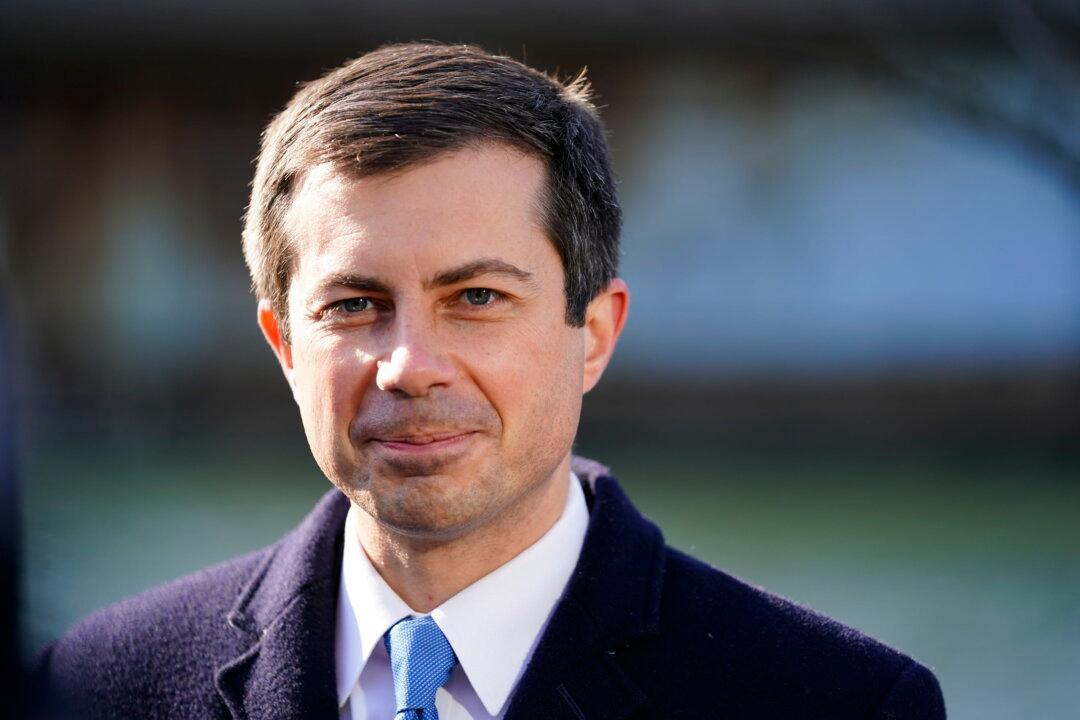News Analysis
Amid renewed concerns over President Joe Biden’s health and mounting speculation that he may not end up as the Democrats’ nominee for the White House in 2024, attention increasingly focuses on other potential candidates within a highly diverse and fragmented field.





